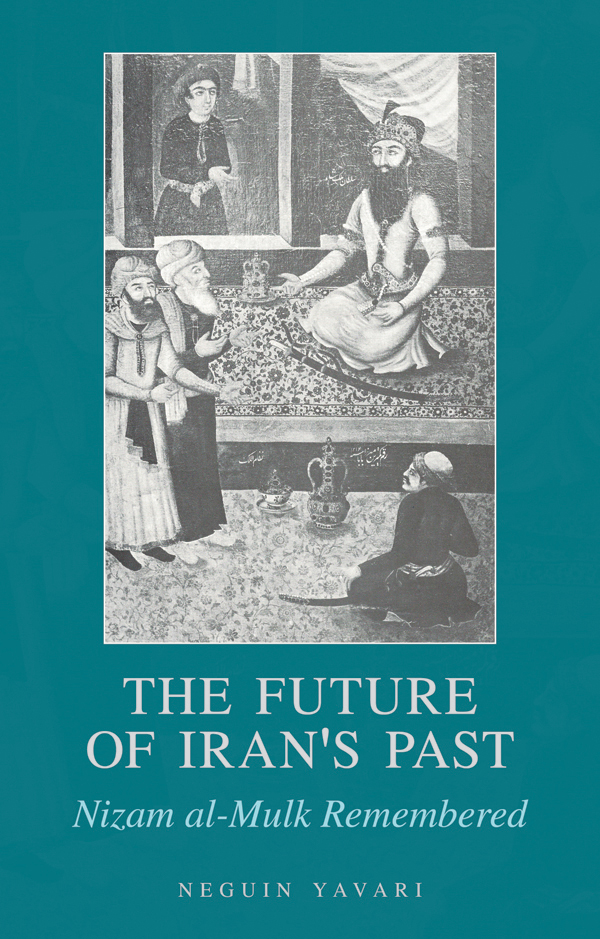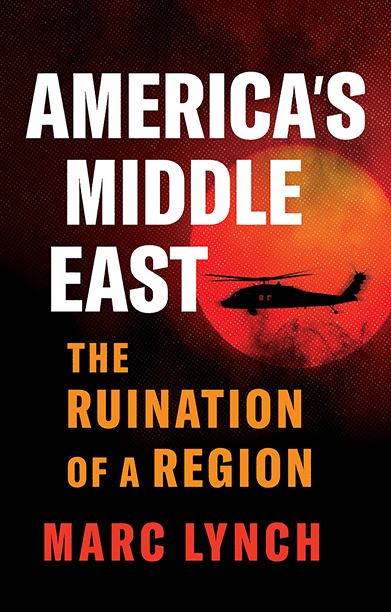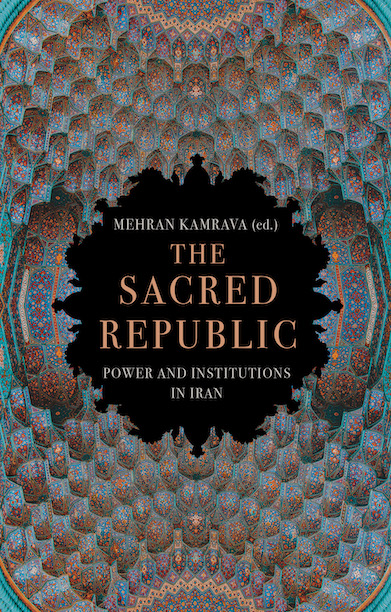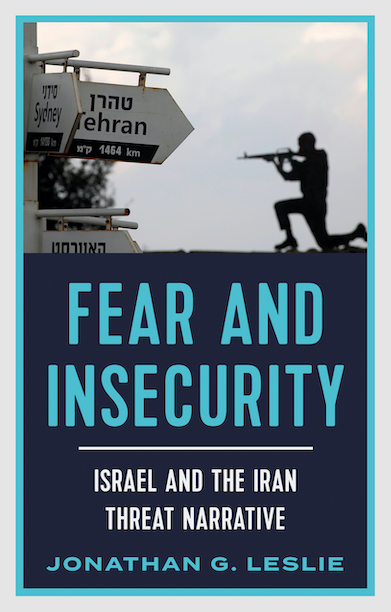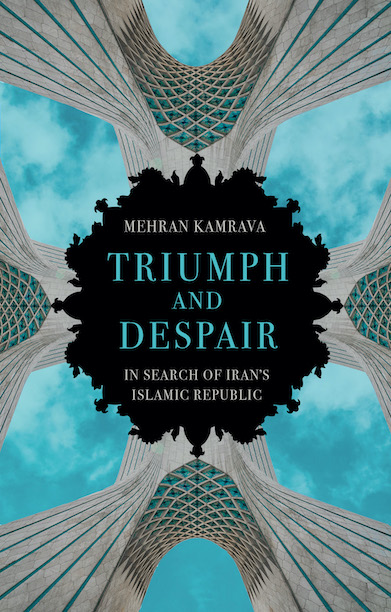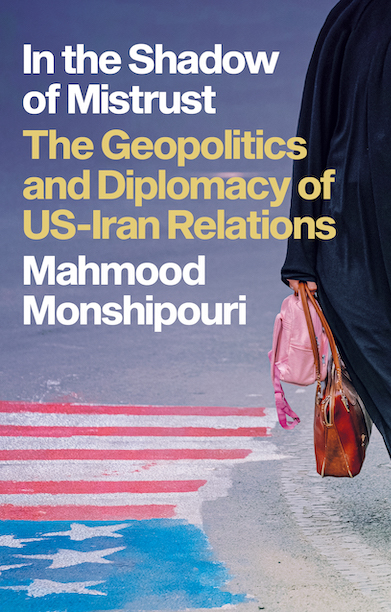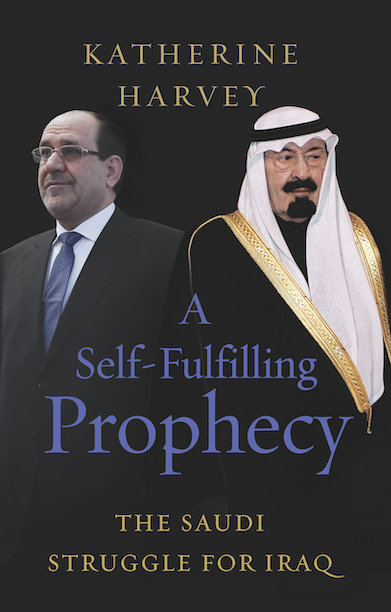The Future of Iran’s Past
Nizam al-Mulk Remembered
A biography of the remarkable eleventh-century Persian statesman who for thirty years effectively ruled over the Saljuq Empire.
Description
The Future of Iran’s Past is a critical study of the life and afterlife of Nizam al-Mulk (1018-92), celebrated Persian vizier and stalwart figure of power and authority in medieval Islamic society. He became the de facto ruler of a vast empire, with a final apotheosis as Islamic history’s archetypal good vizier. Such was his standing among the glitterati of his era that he was considered an ideal replacement for the Abbasid caliph himself.
As well as the outstanding figure in a long run of great viziers and administrators who dominated premodern Islamic politics, al-Mulk is remembered as the most prominent politician of the period to perceive new beginnings and radical departures. Neguin Yavari offers a close reading of al-Mulk’s many legacies, revealing a complex imbrication of political and religious authority, as well as pre-Islamic and Islamic influences that have together shaped modern Iran. She shows that the new Iran of al-Mulk’s singular vision, rather than a tale of uninterrupted Iranisation, is imbued with an extensive interplay of residual and emergent tendencies.
Reviews
‘While it tells the story of an important political career, The Future of Iran’s Past is most notable for the seriousness and inventiveness of its intellectual approach to biography.’ — The Middle East Journal
‘The balance between a clear presentation of the narrative and the in-depth use of original sources makes The Future of Iran’s Past a useful contribution to the field and appealing to a wide audience. … [It] is highly recommended for those willing to explore the life and legacy of arguably one of the most influential political characters of the medieval Islamic World. — International Journal of Middle East Studies
‘The Future of Iran’s Past … is a timely reminder of the rhetoric and uses of history and the ways in which heroes and villains are constructed in the light of one’s political and ideological commitments in the present. Well worth reading for precisely these reasons, as the question of legitimacy, conflictual identity, and the present remain salient in contemporary Persianate contexts and central to the debate of what constitutes the legal and political norm in the Muslim world today.’ — The Muslim World Book Review
‘Highly original and deeply stimulating … The Future of Iran’s Past constitutes an invaluable contribution to the study of Iran’s history, into the contemporary period.’ — Bulletin Critique des Annales Islamologiques
‘The importance and timeliness of [Yavari’s] monograph is undeniable … [and it is] written in an articulate, lucid prose.’ — Reading Religion
‘The Future of Iran’s Past is a highly original and extraordinarily sophisticated exploration of medieval Islamic political thought and its continuing legacy. Yavari has performed an inestimable service to the intellectual history of Islam. She subjects this genre of writing to a deep and sustained interpretation.’— Faisal Devji, Fellow of St. Antony’s College, University of Oxford and author of Landscapes of the Jihad: Militancy, Morality, Modernity.
‘So much more than the life and times of medieval Iran’s greatest vizier, The Future of Iran’s Past serves up penetrating insights into the nature of pre-modern biography, the complex and often opaque workings of Islamic governance, and Iran’s confrontation with its own history right down to the present day.’— Richard W. Bulliet, Professor of History, Columbia University; author of Islam: The View from the Edge and The Case for Islamo-Christian Civilisation
‘This unconventional ‘biography’ of Nizam al-Mulk is woven around five exuberant essays, with challenging, often brilliant insights, on themes that lie at the heart of the Saljuq polity and dominion over which Nizam al-Mulk presided. They elucidate a novel and sophisticated interpretation of the political nature of Nizam al-Mulk’s vision and its legacy.’— John Gurney, Emeritus Fellow, Wadham College, University of Oxford
‘With this outstanding study of Nizam al Mulk, one of the towering figures of Iranian-Islamic medieval history, Yavari surpasses the limits of traditional biographical writing. In this highly readable study, her critical reading of the sources and masterly approach to the literature challenge our understanding of Saljuq rule and culture.’— Christoph Werner, Chair of Iranian Studies, Philipps-Universität Marburg
Author(s)
Neguin Yavari is a senior fellow at the Institute for Advanced Study, Central European University. She studied medieval history at Columbia University, and has written on medieval Islamic history, political thought and international history. Her books include Advice for the Sultan: Prophetic Voices and Secular Politics in Medieval Islam (2014) and the co-edited Global Medieval: Mirrors for Princes Reconsidered (2015).
